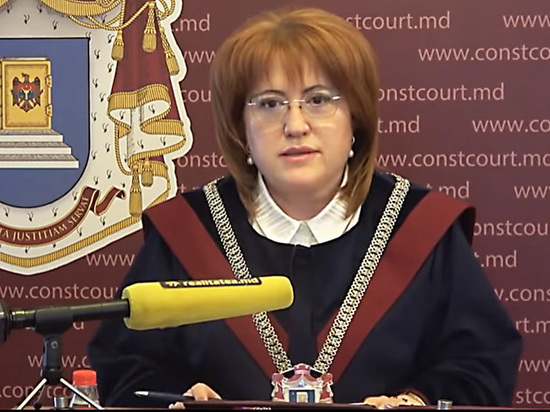
The Constitutional Court exceeded its authority in deciding the existence of circumstances for the dissolution of parliament, and the President of the country abused his constitutional rights by abandoning the procedure for confirming the government and replacing it with a demand for dissolution. A statement was made by a group of specialists in constitutional law, which included two former presidents of the Constitutional Court, Dumitru Pulbere and Victor Puskas.
According to the former judges of the Constitutional Court, in its decision, the High Court did not take into account the Constitution, the practice of the Constitutional Court, a number of acts of the Venice Commission and the fact that not all methods of forming the government were taken into account. The ex-judges noted that the Constitutional Court supported the position of President Maia Sandu and issued an opinion, according to which it justified the circumstances of the dissolution of parliament.
“From our point of view, the Constitutional Court, having made such a conclusion, exceeded its powers. He violated his own practice, challenging the opinion of the Venice Commission from 2015 and 2019, ”said Dumitru Pulbere.
At the same time, the ex-judges emphasize that, contrary to their duties, the Constitutional Court did not check whether the president of the country took all the measures to form the government.
“The goal stipulated by the Constitution is to form a government. But the goal of the country’s president in this situation was to dissolve parliament, not to form a government. Such a goal as the dissolution of parliament can be regarded as an abuse by the president of the country, ”said Victor Puskash.
The experts also stated that the Supreme Court did not take into account the fact that Sandu’s consultations with parliamentary factions were imaginary, since the goal pursued by the head of state was to dissolve the legislative assembly.
“The President of the Republic of Moldova still has the opportunity to form a government, but the Constitutional Court did not pay attention to these moments. Either the Constitutional Court does not distance itself from some political forces, or the Constitutional Court is incompetent to clarify the situation and find out all the aspects that follow from the Constitution, ”Puskas said.
The experts sent an open information note, in which they pointed out the gross violations committed by the Constitutional Court in its April 15 decision on the existence of circumstances for the dissolution of parliament and the holding of early parliamentary elections.